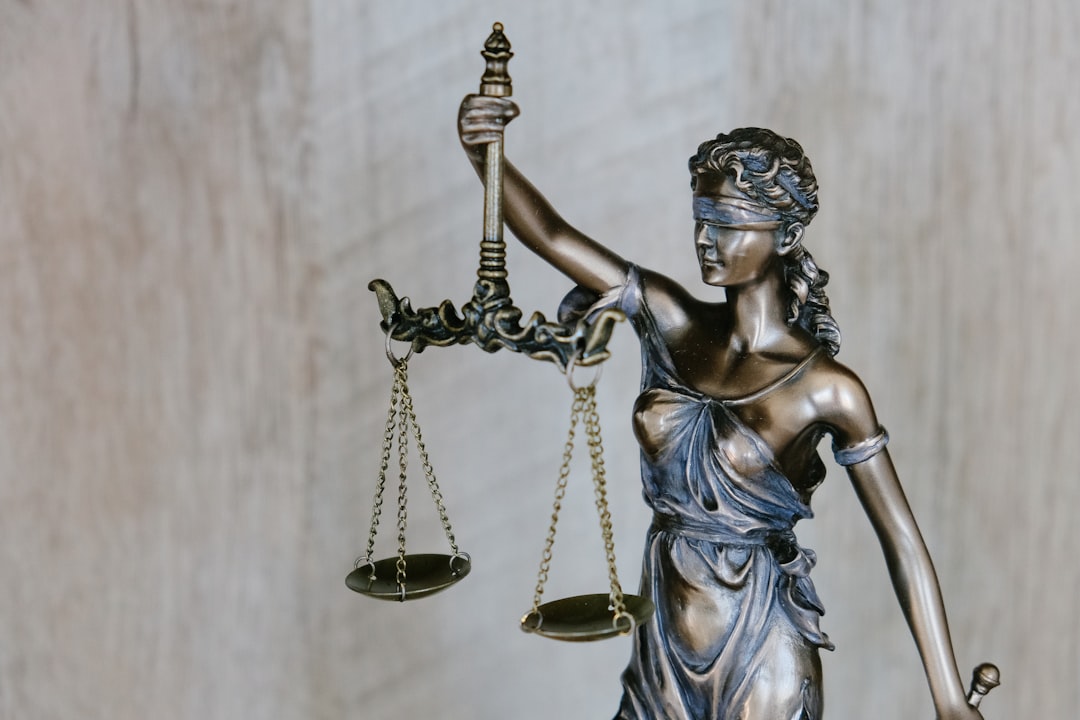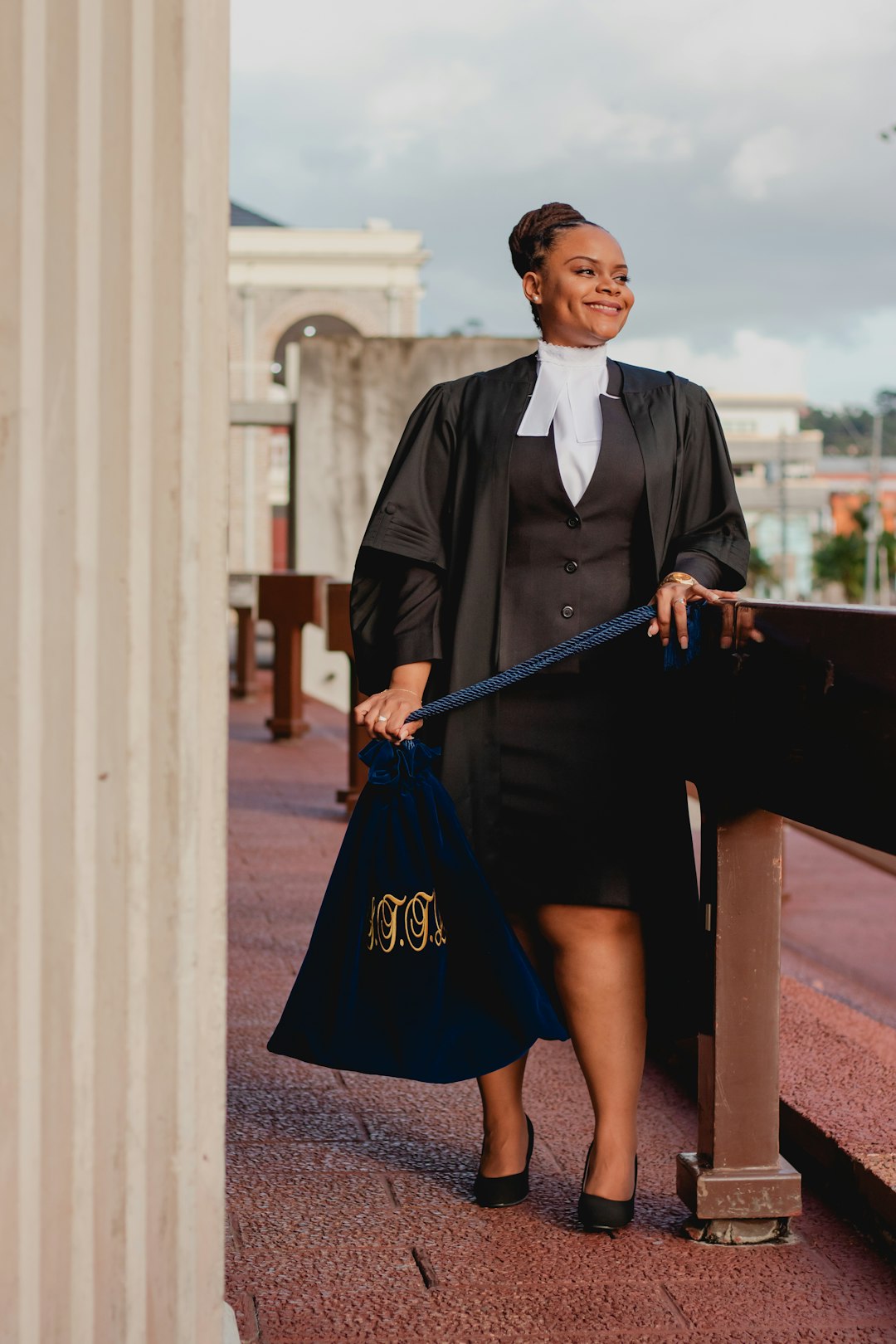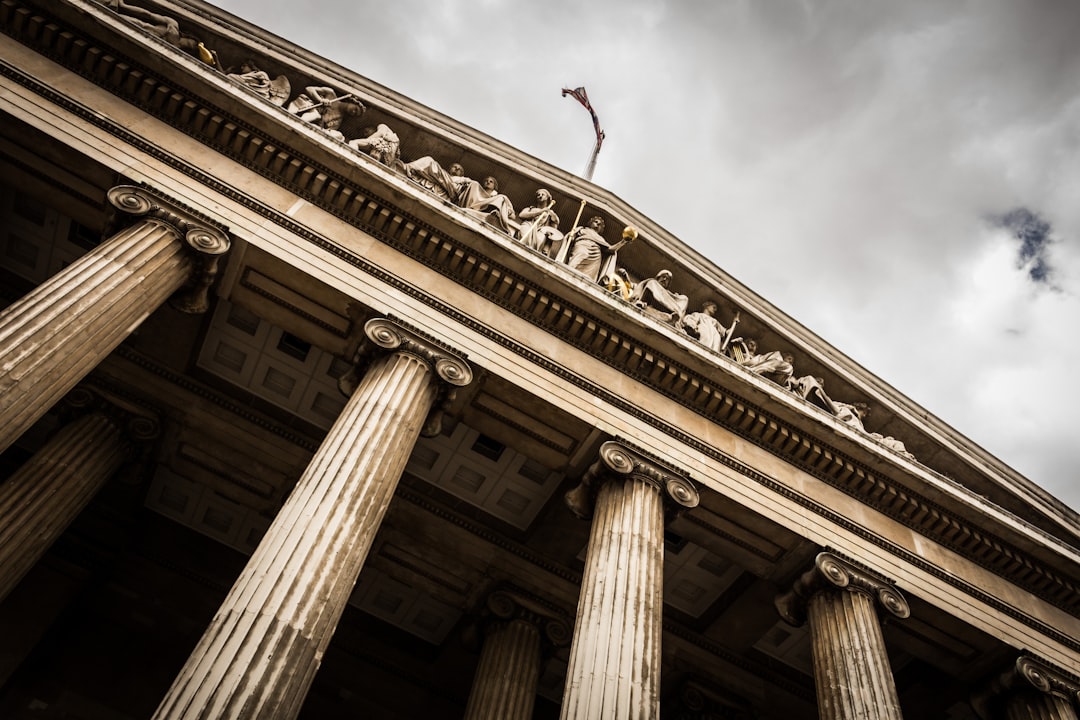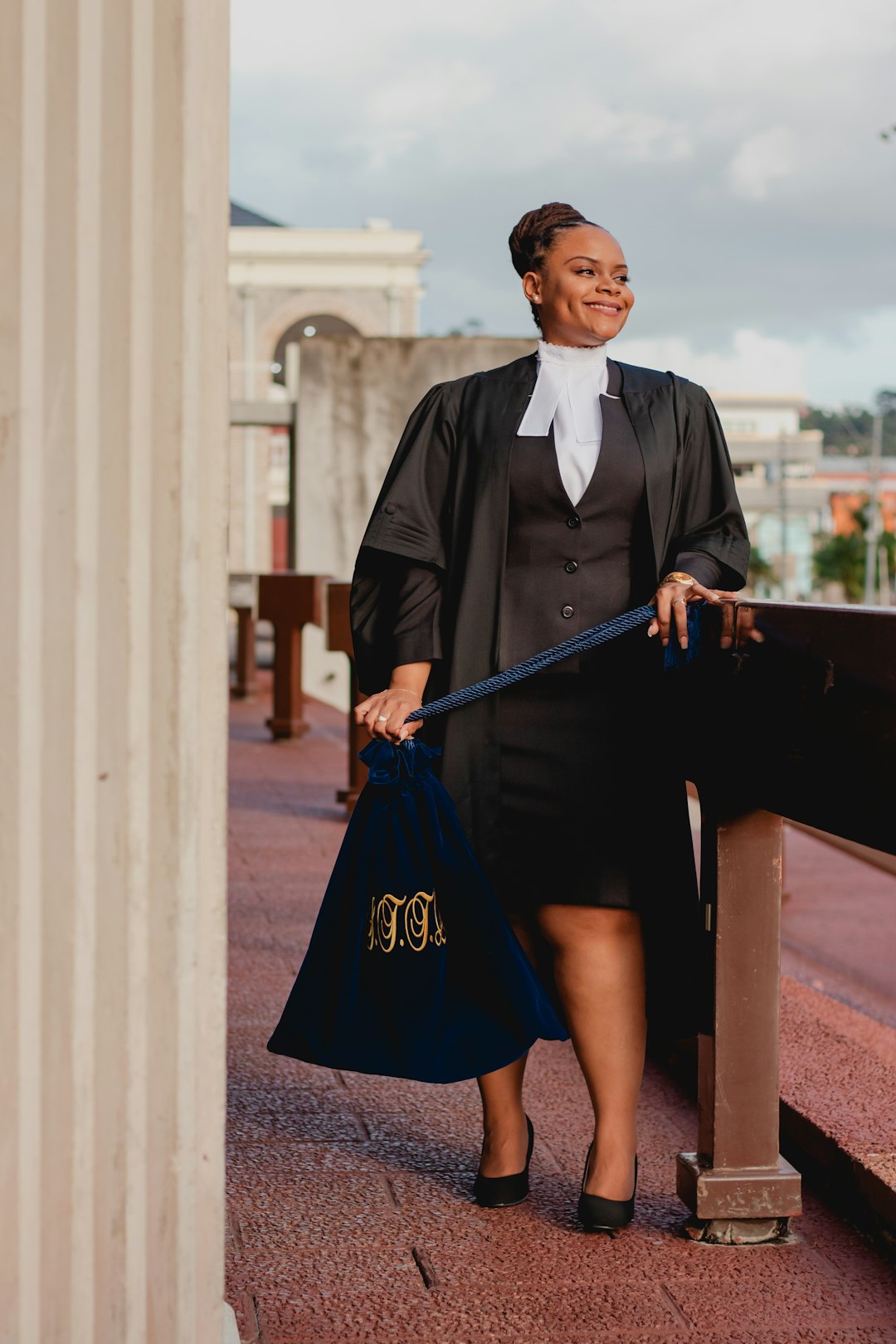LGBTQ+ survivors in Missouri face challenges when reporting sexual assault due to historical stigmas and discrimination, leading to underreporting. Specialized sexual assault law firms offer critical support, sensitive guidance, and collaboration with law enforcement for thorough case handling. Training gaps exist for Missouri law enforcement regarding LGBTQ+ cases, impacting evidence collection and victim support. Effective training requires creating inclusive spaces, educating officers on LGBTQ+ issues, implementing respectful communication protocols, and recognizing barriers like homophobia and stigma to ensure a supportive justice process for all through cultural competence, as emphasized by sexual assault law firms in Missouri.
In Springfield, Missouri, training law enforcement to handle LGBTQ+ sexual assault cases is a pressing need. The unique challenges faced by the LGBTQ+ community in Missouri often go unnoticed or unaddressed in standard crime reporting and investigation protocols. This article explores these gaps, highlighting the critical need for specialized training. We delve into effective strategies to enhance response, ensuring justice and support for survivors within the local community, with insights from a sexual assault law firm in Missouri.
Understanding LGBTQ+ Community's Unique Challenges in Missouri

The LGBTQ+ community in Missouri faces unique challenges, particularly when it comes to sexual assault cases. Due to historical and societal stigmas, many individuals within this community may face additional barriers when seeking justice. Many LGBTQ+ survivors of sexual assault may be hesitant to report crimes or testify against their attackers due to fear of discrimination, harassment, or even retaliation from law enforcement or the broader public. This can lead to underreporting, making it difficult for law enforcement agencies to accurately track and address these incidents.
A sexual assault law firm in Missouri plays a crucial role in advocating for survivors from the LGBTQ+ community. These specialized legal teams understand the unique challenges faced by LGBTQ+ individuals and are equipped to provide sensitive, knowledgeable support. They work closely with law enforcement to ensure proper handling of cases, including thorough investigation, respectful interviews, and adequate representation in court. By addressing these issues head-on, Missouri can create a safer environment for all its residents and improve the outcomes of sexual assault cases involving LGBTQ+ survivors.
Gaps in Training for Law Enforcement on Sexual Assault Cases

In Springfield, Missouri, gaps exist in the training provided to law enforcement officers regarding sexual assault cases involving members of the LGBTQ+ community. Many traditional policing protocols and scenarios often fail to account for the unique challenges faced by LGBTQ+ survivors, leading to potential missteps in investigations. For instance, a lack of understanding about gender-neutral language or the nuances of coming out experiences can hinder effective communication with survivors, impacting the quality of evidence collection and victim support.
These gaps are particularly concerning given the heightened vulnerability of LGBTQ+ individuals to sexual violence. A sexual assault law firm in Missouri may often encounter cases where officers struggle to create a safe and affirming environment for LGBTQ+ survivors, which can deter them from pressing charges or seeking justice. Addressing these training deficiencies is therefore crucial to ensure that law enforcement effectively serves and protects all members of the community, especially those from diverse sexual orientations and gender identities.
Strategies for Effective Handling of LGBTQ+ Sexual Assaults

Training law enforcement officers to handle LGBTQ+ sexual assault cases requires a nuanced approach, as these incidents often involve unique challenges and considerations. A sexual assault law firm in Missouri might suggest the following strategies for effective handling: first, creating safe and inclusive spaces where survivors feel comfortable disclosing their experiences, without fear of judgment or discrimination. This can be facilitated by sensitizing officers to LGBTQ+ issues and ensuring they receive proper training on respectful communication and interaction.
Second, developing protocols that account for the diverse needs and experiences of LGBTQ+ survivors is crucial. This includes recognizing and addressing potential barriers, such as homophobia, transphobia, or fear of stigma, which might prevent individuals from reporting assaults. Officers should be equipped with cultural competence to navigate these complexities, ensuring a supportive and just process for all survivors.






